Prepping Appropriately for Emergency Preparedness in Every Season
When it comes to emergency preparedness, being proactive and ready for any situation is crucial. Each season during the year brings its own set of challenges and potential emergencies, so it’s essential to prep appropriately. I think it’s so important to be prepared and that’s why I’m sharing about prepping appropriately for emergency preparedness in every season.
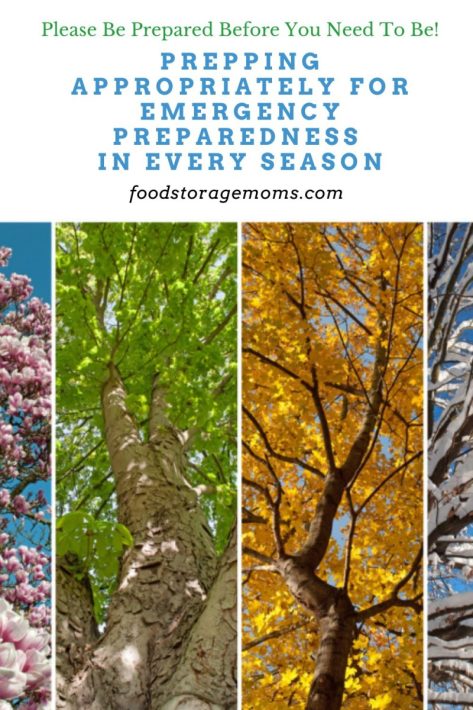
Spring: Preparedness for Severe Weather
Spring is a season known for its unpredictable weather, so it’s vital to be prepared for severe weather events. Here’s what you need to do:
Create an Emergency Kit
Assemble an emergency kit with essential supplies such as non-perishable food items, water, flashlights, batteries, a first aid kit, and a battery-powered radio or hand-crank radio. Make sure to check expiration dates and replace any expired items in your emergency foods inventory. What Are 20 Basic Items in an Emergency Kit?
Emergency or survival kits should take into account the most likely emergency or disaster scenario for your particular location and the resources you’ll need to get through the situation.
Familiarize Yourself with Local Weather Patterns
Research and understand the severe weather patterns specific to your region. Stay informed by signing up for weather alerts and notifications since warnings prompt you to get in gear and act decisively. Have a plan in place for seeking shelter in case of severe storms. This is another important step when it comes to emergency preparedness in every season.
Spring seems to be a time when flood-prone areas are hit hard. When you combine spring rains with the runoff from winter storms in some areas, you have a double-whammy effect. Emergency blankets are still a good idea during springtime since it may be cooler than you expect.
Secure Outdoor Objects
Spring storms can bring strong winds, which can turn outdoor objects into projectiles. Secure or bring inside any loose items like patio furniture, grills, and gardening tools to prevent damage and injury during severe weather.
Summer: Preparing for Heatwaves and Power Outages
Summer brings the potential for heatwaves and power outages along with tornadoes in some states. Here’s how to prepare for these emergencies:
Stay Hydrated and Cool
During heatwaves, it’s crucial to stay hydrated and cool to prevent heat-related illnesses. Stock up on plenty of water and electrolyte drinks. Besides the water you may have stored for you and each family member, check out other water sources you may have to take advantage of. You also need to have water treatment options including water filters in place to protect your family from bacteria and viruses.
Have preparedness plans to stay cool, such as using fans, and portable air conditioners, or seeking out public places with air conditioning. Water Storage: How Much Do You Really Need?
The amount of water you have available should be based on family needs. I suggest four gallons of water per person per day for proper hydration, cooking, minimal laundry, and personal hygiene.
Backup Power Sources
Invest in a backup power source such as a generator or solar-powered charger. Generators can be expensive, so determine what you feel needs to be kept running during the emergency. Note that fuel storage can become an issue too. These secondary sources will help you stay connected as part of your communication plan. They will also power those essential devices needed during a power outage. Ensure you have enough fuel or charged batteries to sustain your power needs. 7 Ways To Cook When You Lose Power
I like my solar-powered flashlights. We have a bunch of different units and sizes that I keep on my window sills being charged all the time. Yes, I have extra batteries for some of my electronic devices, along with cell phone chargers and UPS systems.
Food Safety Precautions
During a power outage, it’s essential to take precautions to prevent food spoilage. Have a plan for safely storing perishable food from your fridge or freezer. Consider having a cooler with ice packs or dry ice on hand to keep food essentials fresh for a longer period. How To Store Your Food Storage
Fall: Preparedness for Natural Disasters
Fall can bring natural disasters such as hurricanes, floods, and wildfires.
Create a Disaster Plan
Develop a comprehensive disaster plan that includes evacuation routes, emergency contact information, and a designated meeting place for your family. Share this plan with all household members and practice it regularly. How Humans Can Use Mountains During a Disaster
Secure Your Property
Take steps to secure your property against potential damage. Trim overhanging tree branches, secure loose objects, and ensure your home is adequately insured for potential natural disasters in your area. How to Really Secure Your Bug Out Location
Pack a Go-Bag
Prepare a go-bag or what some call bug-out bags for each family member that contains essential items like food, water, medication, important documents, and a change of clothes. Keep bags in an easily accessible location so you can grab them quickly if you need to evacuate. What You Need In Your 72-Hour Kits Today
No matter what the season, you should have a binder with critical documents, or copies, that you can take with you in case of emergency evacuation. Things like insurance policies, birth certificates, contact information, personal identification forms, and more should be considered for inclusion.
Winter: Preparing for Cold Weather Emergencies
Winter brings its own set of challenges, including extremely cold weather, ice storms and snowstorms.
Winterize Your Home
Insulate your home properly to keep the cold air out and warm air inside. Ensure your heating systems are in good working condition, and consider having them serviced before the start of winter. Have a backup heating source in case of a power outage. How to Stay Warm Without Power
If your home has a fireplace, it can be a great source of emergency heat. Although not necessarily the most efficient heat source, they can provide enough heat to keep you alive. Of course, fireplaces need fuel, so think about how to acquire firewood and where to store it so it will stay dry.
Stock Up on Supplies
Stock up on essential supplies like non-perishable food, water, blankets, and warm clothing. Have an extra supply of prescription medications if needed. Consider having alternative lighting sources like candles or battery-powered lanterns. 15 Items to Stock Up On For Winter
Prepare for Winter Driving
If you live in an area prone to snowstorms, ensure your car is winter-ready. Keep a winter emergency kit in your vehicle, including items like a shovel, ice scraper, jumper cables, and blankets. Stay updated on road conditions and practice safe driving techniques. This is an important tip for emergency preparedness in every season! How To Make Your Own Emergency Car Kit
I’ve told my readers for years to try and keep their vehicle gas tank at one-half full or more. You don’t want to have to fill up along with everyone else in case of evacuation. Also, if stalled on the road because of congestion or an accident, you may be there for a while and need the fuel to keep you warm inside the car.
What should you do to ensure that you are always prepared for emergencies?
- Create an Emergency Plan -Develop a comprehensive plan covering various scenarios, including natural disasters, power outages, or medical emergencies. Share and discuss this plan with your household members, ensuring everyone understands their roles and responsibilities.
- Build an Emergency Kit – Assemble an emergency kit that includes essential supplies like non-perishable food, water, a first aid kit, flashlights, batteries, a battery-powered radio, extra clothes, and any necessary medications. Regularly check and replenish the supplies in your kit.
- Stay Informed – Keep yourself informed about potential hazards and emergencies in your area. Sign up for local emergency alerts and notifications, follow reliable news sources, and stay connected with community organizations and authorities.
- Consider Special Need Family Members – your young children, the elderly, and even pets need to be looked after as you put together your preparedness plans. They’ll have needs different than yours that need to be prepared for.
- Know What to do With Your Utilities – you may have to shut off the power, gas lines, and water valves in an emergency. Know where those shut-offs are and how to shut them down. Note that your natural gas company will want to be involved when you turn the gas valve back on.
More Tips
- Preparing for Winter: Emergency Preparedness Checklist
- 20 Reasons Why Fishing is Beneficial to Emergency Preparedness
- 30 Uses for Dryer Lint in Emergency Preparedness
Final Word
Prepping appropriately for emergencies in each season can ensure the safety of those in your family. Remember to stay informed, have a plan in place, and regularly review and update your emergency supplies. Preparedness is key in managing any potential emergencies that may arise. May God Bless this World, Linda
Copyright Images: Four Seasons Depositphotos_524203134_S by Terimma, Four Seasons In A Collage Depositphotos_393834658_S by Mschuppi

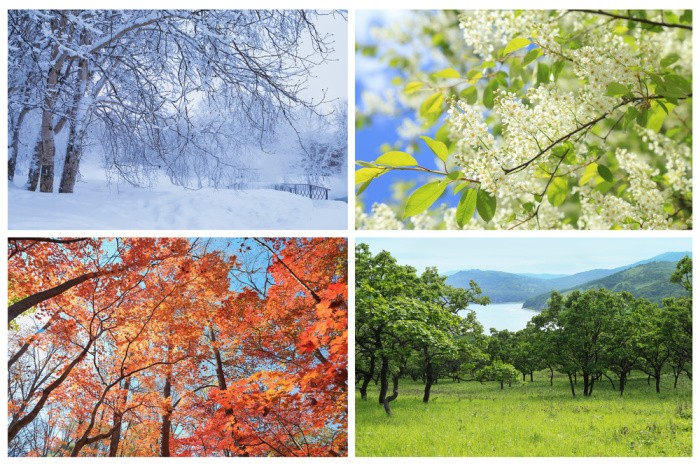

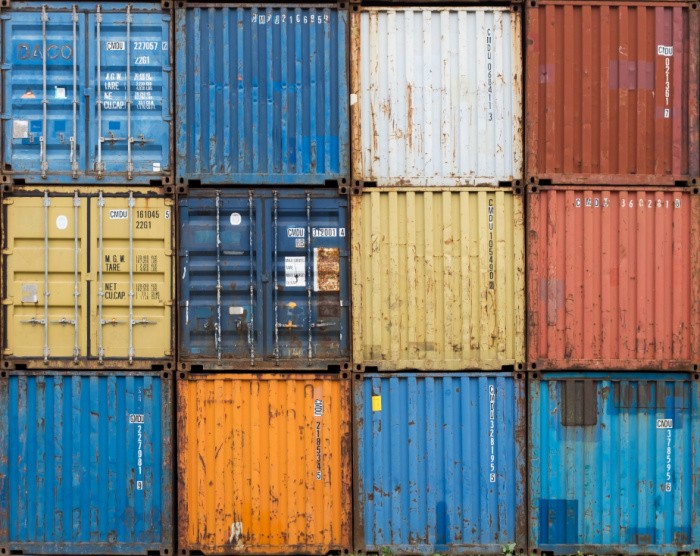
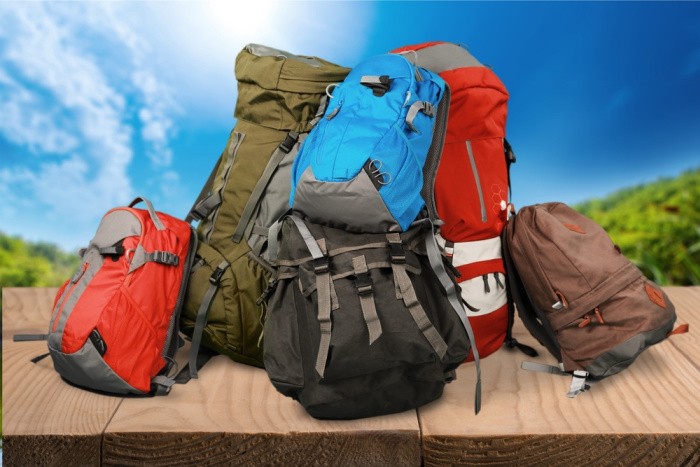
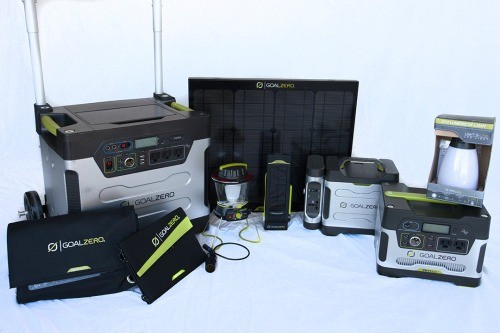
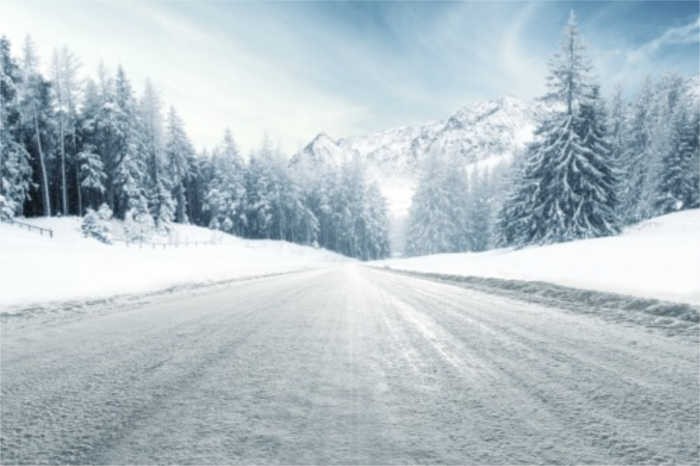
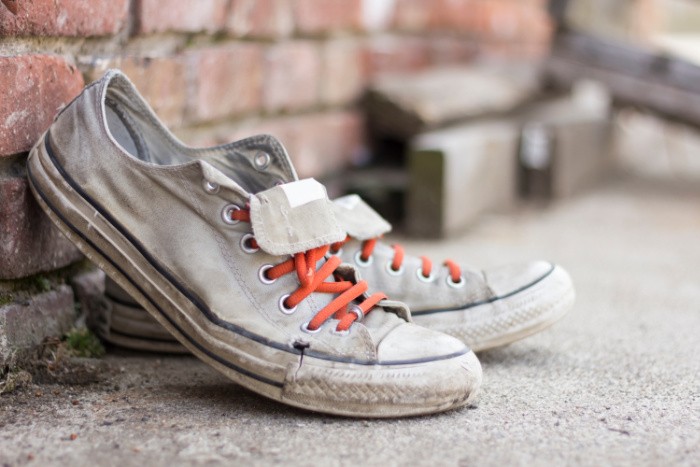

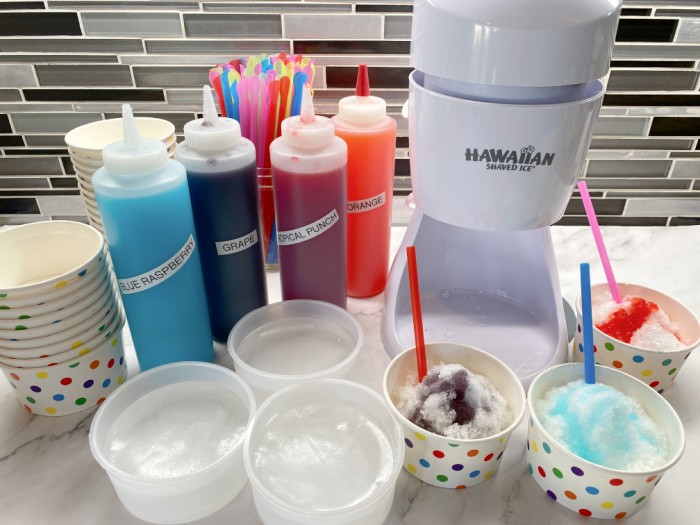
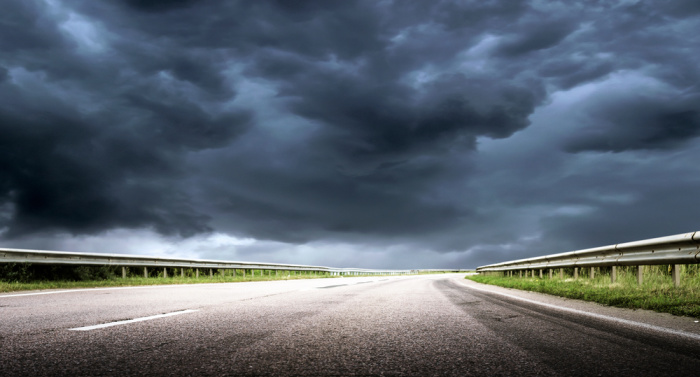
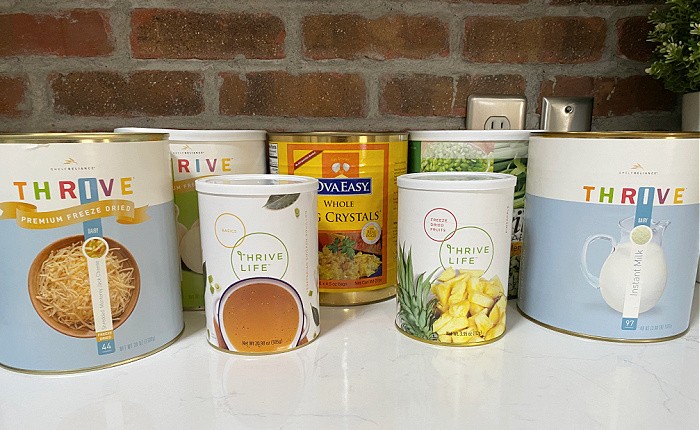
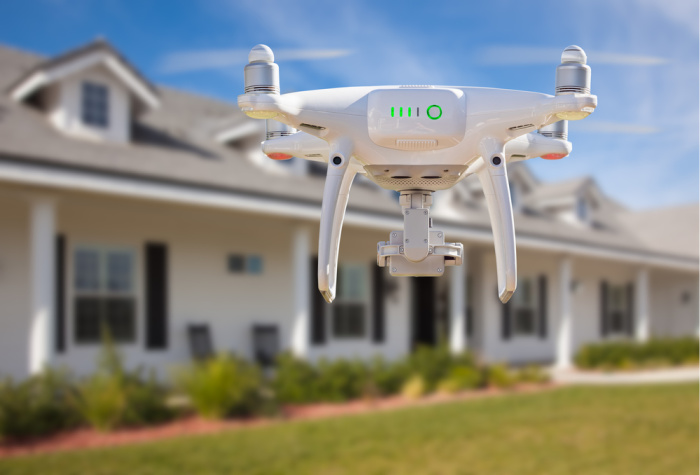
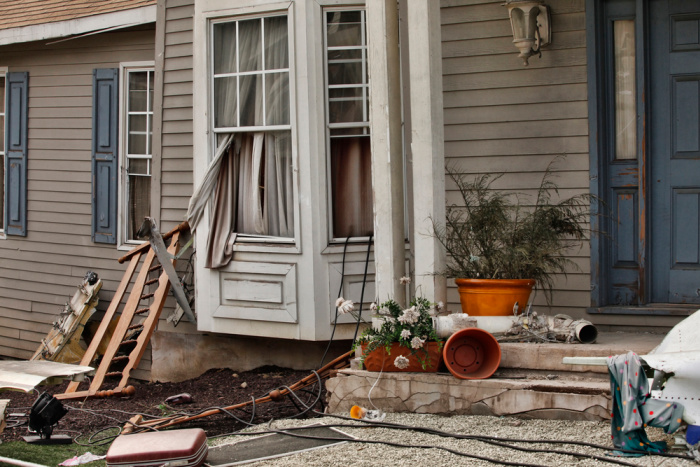
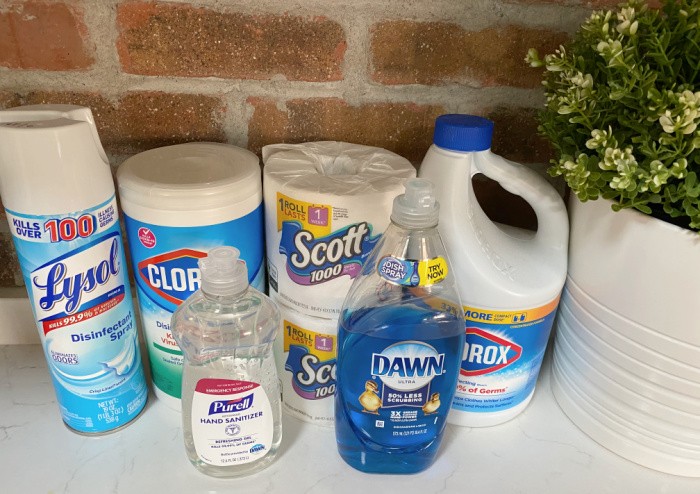

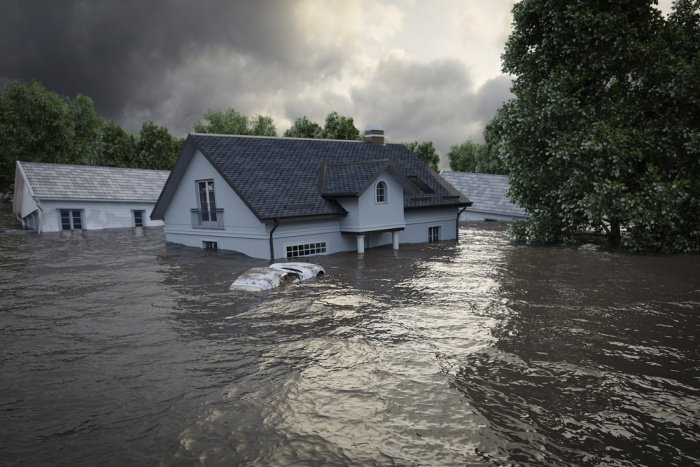


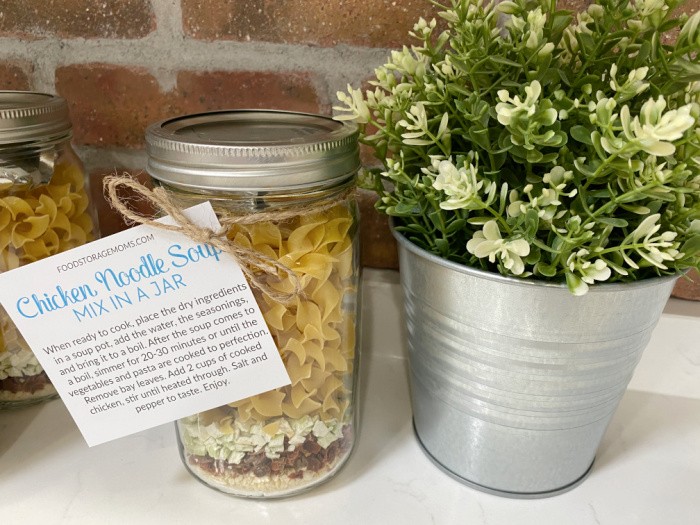
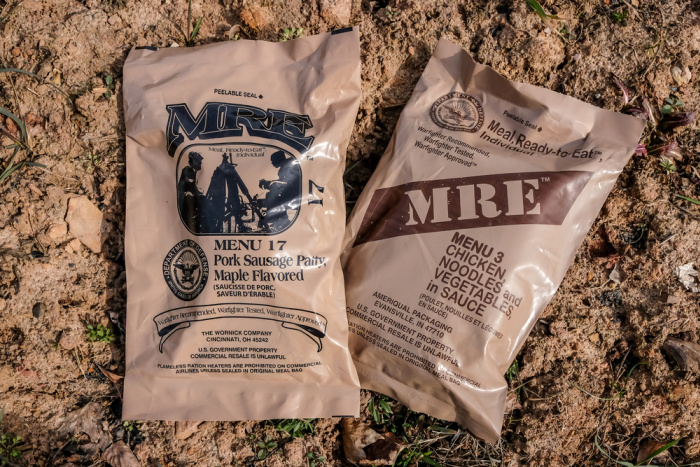

Winter is upon us. Let that turkey settle then get busy
Hi Matt, I know right? We had a great Thanksgiving, I hope everyone did! Then get prepared for winter! Linda
Somewhat but not totally unrelated….. Be extra cautious about where your information is coming from
Yesterday there was a car accident at the US-Canadian Rainbow bridge. My kids were at an airport and the first thing they heard was a terrorist attack as two suicide male bombers blew up a car full of explosives as they attempted to enter the US. Then eye witnesses said the car was going 100 miles per hour headed for the bridge TO Canada. Several changes later, the car was stolen, no it was a local couple heading to Toronto, maybe there was a medical issue…. In the mean time it was scary. We still don’t know what the true story is. Please have a safe and Happy Thanksgiving.
Hi Chris, the story keeps changing, I’m not sure what is the truth, so I text to friends off the record. Thanks again for the tip, my friend! Linda
Yikes Matt, why do you bring up nasty things like winter?
OK, reality here. We are expecting our first measurable snow on Friday night. Not a lot, maybe 3″, but enough to remind people that we have forgotten how to drive in snow. My family laughs at me about my emergency preparedness. I keep saying I am not expecting a Zombie invasion, but I am expecting snow and people forgetting how to drive in snow. I gave everyone small packable blankets last year to keep in the cars. So if you are caught on the interstate behind a 10 car accident; or with a flat tire; you can stay warm. I gave everyone a solar phone charger a couple years ago so that if they can’t charge their phone in the house or car, they can still charge it. We could have one snow all winter or we could have a could not see the ground again until April. We can expect temperatures as long as -17 (lowest I’ve seen in our 23 years here) or lower plus wind chill. We have to be ready for blizzards and icy cold winds. I am ready.
HI Topaz, way to go my friend! You are indeed ready for the winter! Those were great gifts by the way, they are very useful! We have about 2 inches of snow this morning, I agree with you, people need to remember to slow down when the roads are bad. Blankets and a phone chargers would be a great gift! Linda